Description
WHY BUY RHODE ISLAND REDS FROM ALPHA AGVENTURE FARMS?
Our prices may appear higher than those of other breeder farms, but this reflects the premium quality, expertise, and commitment we put into every Rhode Island Red we raise. Choosing us means investing in stronger, more resilient birds that will enhance your farm’s productivity. Excellence isn’t negotiable, and we’re here to set a higher standard for poultry farming. Here’s why our Rhode Island Reds are the best choice for your farm:
1. Pre-Delivery Health Care
Before our Rhode Island Reds leave our farm, we make sure they are in exceptional health. Birds aged 3 months and above receive a delousing treatment with washout shampoo, followed by two rounds of deworming. We also perform bacterial flushing and revaccinate them against Newcastle Disease. To further ensure their well-being, they are given Aviotix for seven consecutive days. These practices ensure they arrive on your farm healthy and ready to thrive.
2. Egg Selection Program
We take great care in selecting the eggs we incubate. Each egg is assessed for size, cleanliness, shell quality, and texture. Only the highest-quality eggs are chosen, ensuring that the chicks we raise are strong, healthy, and ready to meet your farm’s needs.
3. Breeder Selection Program
The birds we use for breeding are carefully selected based on their health, productivity, and genetic traits. We track their growth closely, and any bird that falls behind the growth target by more than 10% within their first 20 weeks is given additional support. This ensures that only the strongest, healthiest birds continue to breed, passing on these desirable qualities.
4. Vaccination Program
Vaccination is crucial to the health of your flock, which is why we ensure that all our Rhode Island Reds are vaccinated before leaving our farm. They receive vaccinations for Newcastle Disease, Infectious Bronchitis, Fowl Pox, and Coryza, providing complete protection. Your birds will be fully vaccinated and ready to thrive as soon as they arrive.
5. Feeding Program
Our Rhode Island Reds are fed a high-quality, balanced diet starting from day one. The feed we provide is specially formulated to meet their nutritional needs at each stage of development, ensuring that they grow into healthy, strong birds that will perform well on your farm.
6. After-Sales Support
We believe our relationship with you doesn’t end after the sale. We offer ongoing support with housing, feeding, brooding, and vaccination schedules, as well as any other guidance you may need. Whenever you have questions or need help, we are just a message away.
7. Traceability and Transparency
We provide complete transparency in our processes. Each Rhode Island Red is tracked from hatching to delivery, with a detailed record of their health, feeding, and vaccination history. This transparency guarantees you know exactly what you’re receiving and that every bird meets our high standards.
8. Sustainability Practices
When you choose our Rhode Island Reds, you’re supporting sustainable farming practices. We utilize environmentally friendly methods that promote long-term sustainability, benefiting both your farm and the planet. Your investment in our birds contributes to responsible farming for future generations.
9. Exclusive Insights and Resources
As a customer of Alpha Agventure Farms, you gain access to valuable resources to help you succeed. Our pre-recorded Chicken Farming Seminar offers expert guidance on raising poultry and implementing best practices in your farm operations.
10. Personalized Customer Care
We understand that each farm has unique needs, and we’re here to offer tailored support. Our farming consultancy service is designed to help you optimize your farm’s management and achieve your specific goals. We’ll work with you every step of the way to ensure your Rhode Island Reds thrive.
By choosing Alpha Agventure Farms, you’re investing in Rhode Island Reds that are not just healthy, but equipped to help your farm reach its full potential.
BUY RHODE ISLAND CHICKENS FOR SALE
Our purebred Rhode Island Red breeders are island-born descendants of imported stock from Iowa and Pennsylvania, USA. We acquired our breeders from a relative who imports animals. If you want to buy purebred Rhode Island Red chickens, rest assured they are raised using semi-purist methods that emphasize natural and sustainable practices.
We produce our own phytobiotics, natural dewormers, and natural vitamins and minerals. This proactive approach helps combat Antimicrobial Resistance (AMR) and ensures that our chickens receive the best possible care. At Alpha Agventure Farms, we are committed to maintaining high standards through comprehensive programs.
Our Housing Program provides clean and comfortable living conditions. The Breeder Selection Program identifies the best breeders, while the Egg Selection Program ensures high-quality eggs. The Incubation and Brooding Programs focus on the critical early stages of development.
Our Feeding Program delivers a balanced diet. The Immunization Program protects against common diseases. Our Growing and Laying Programs support proper growth and optimize egg production.
Our day-olds are vaccinated against Newcastle Disease and Infectious Bronchitis (IB). At one month, they receive additional vaccinations for Newcastle Disease, IB, Infectious Bursal Disease (Gumboro), Fowl Pox, and Infectious Coryza. This thorough vaccination regimen ensures the health and vitality of our Rhode Island Reds for sale.
HISTORY OF THE RHODE ISLAND RED
The Rhode Island Red, renowned as the state bird of Rhode Island, is an iconic American breed of domestic chicken. Developed in the late 19th century through the cross-breeding of Oriental birds like the Malay and Italian brown Leghorns, this breed was created with versatility in mind, suitable for both meat and egg production. Today, modern strains are primarily celebrated for their prolific egg-laying abilities.
Breeding Origins: A Colorful History of Creation
Originating in Rhode Island and Massachusetts, the Rhode Island Red emerged from selective breeding efforts that combined birds like the Cochin, Java, Malay, and Shanghai with brown Leghorns. Its striking deep red plumage, a hallmark of the breed, can be traced back to its Malay ancestors. In 1954, Rhode Island proudly commemorated the breed’s centenary with the erection of the Rhode Island Red Monument at the William Tripp farm.
The breed’s name is attributed to either Isaac Champlin Wilbour or Mr. Jenny from the Southern Massachusetts Poultry Association, with its first formal exhibition taking place in 1895. Early variations were also known as “John Macomber fowls” or “Tripp fowls.”
Setting Standards: The Rhode Island Red’s Evolution
The first breed standard was established in 1898, gaining approval from the American Rhode Island Red Club in 1901. The breed was officially recognized by the American Poultry Association in 1904, with both single-comb and rose-comb varieties achieving status shortly after.
Distinctive Features: The Iconic Rhode Island Red Appearance
Rhode Island Reds exhibit plumage ranging from a rich deep red to almost black, with predominantly black tails. They possess a vivid red comb, earlobes, and wattles, complemented by reddish horn-colored beaks and yellow legs. While traditional strains are robust and colorful, industrial varieties tend to be smaller and paler.
Dual-Purpose Delight: The Versatile Rhode Island Red
Initially bred as a dual-purpose bird for meat and eggs, the Rhode Island Red has evolved predominantly into an egg-laying powerhouse since the 1940s. With their impressive laying capabilities, modern industrial Rhode Island Reds contribute significantly to poultry production and the development of various hybrid breeds.
Traditional Rhode Island Reds can lay between 300 to 400 brown eggs within their first 100 weeks of life while providing flavorful meat, earning a spot in the Ark of Taste by the Slow Food Foundation.
FREQUENTLY ASKED QUESTIONS
Can I use your Rhode Island Reds as breeders?
Yes, you can do that to our gendered packages. There’s no blood-relatedness between the pullets and cockerels for our gendered packages. For example, in the 5-month-old package, the two cockerels could be blood-related with each other but they’re not blood-related up to fifth degree to the eight pullets. In the same way, the eight pullets might be blood-related with each other but they are not blood-related up to fifth degree with the two cockerels. So, insofar as inbreeding is concerned, it is avoided with our gendered packages.
On the other hand, our ungendered packages are straight-runs. Blood-relatedness is possible among straight-runs. So, you have to choose which between the pullets and cockerels you’ll keep as candidate breeders when they grew up.
Meanwhile, the full sexual maturity of a Rhode Island Red is met once it reaches eight months. Expect a few possible phenotype (physical appearance) changes on your Rhode Island Reds once they hit eight months. Learn more about this through our Chicken Farming Seminar.
Do you deliver Rhode Island Reds anywhere in the Philippines?
Our Rhode Island Reds are for pick-up only at our designated zone in Block 7, Barangay San Manuel, Tarlac City. If unable to pick up your Rhode Island Reds, consider hiring an animal transporter. We can assist in finding one if needed. Provide your address and order details for a delivery quote and schedule. Once with the transporter, the Rhode Island Reds are no longer our responsibility.
Can I pick up my Rhode Island Reds tomorrow if I pay today?
The minimum waiting period is 14 days because we need to delouse, deworm, administer bacterial flushing, and revaccinate your Rhode Island Reds. It could be longer than 14 days if there are other orders ahead of yours.
Will you teach me how to raise Rhode Island Reds if I buy from you?
You can register to our Chicken Farming Seminar to learn our chicken-raising practices.
How much does a Rhode Island Red cost?
The price of our Rhode Island Red chicken varies depending on various factors such as age and quantity. Please refer to the PACKAGES AND PAYMENT OPTIONS section of this page for the details.
What is the best egg laying chicken breed in the Philippines?
The best egg-laying chicken breed in the Philippines is often considered to be the Rhode Island Red. This breed is renowned for its prolific egg-laying capabilities, adaptability to various climates, and overall hardiness. They typically lay brown eggs consistently and are relatively low maintenance, making them popular among poultry enthusiasts and commercial farmers alike in the Philippines.
How do you know if Rhode Island Red is pure?
To ascertain if a Rhode Island Red is purebred, several characteristics can be examined. Pure Rhode Island Reds typically exhibit deep, rich mahogany-red plumage with black tail feathers. They have a sturdy and compact body with a single comb that is evenly serrated. Additionally, their legs should be a rich yellow color. Farms who bought their Rhode Island Reds from Alpha Agventure Farms must be able to present you either a hard copy certificate or an e-certificate signed by an authorized representative of Alpha Agventure Farms.
How many months does Rhode Island Red lay?
Rhode Island Reds are known for their consistent egg production. Typically, they begin laying eggs at around 5 to 6 months of age and continue to lay productively, business-wise, until the age of 18 to 24 months. The peak laying period is usually on their 34th month of age, gradually declining thereafter.
What is the lifespan of a Rhode Island Red?
Rhode Island Reds generally have a lifespan of around 6 to 8 years with proper care and management. However, their egg-laying productivity tends to decline after the 18 to 24 months, and they may be kept as pets or for their meat after their prime laying years.
How many eggs do Rhode Island Reds lay per day?
Rhode Island Reds are known to be prolific layers, typically laying between 4 to 6 eggs per week on average. However, factors such as age, health, diet, and environmental conditions can influence their daily egg production. It’s not uncommon for them to lay an egg every day during their peak laying period.
Are Rhode Island Reds noisy?
Rhode Island Reds are generally considered to be moderate to low noise chickens. They may vocalize occasionally, especially after laying an egg or when startled, but they are not as noisy as some other breeds. Proper housing and environmental enrichment can help minimize any potential noise disturbances.
What are the advantages of Rhode Island Red chickens?
Rhode Island Reds offer several advantages to poultry keepers. They are excellent egg layers, known for their consistent production of large brown eggs. They are also hardy and adaptable to various climates, making them suitable for backyard flocks or commercial operations. Additionally, they have a calm demeanor, making them easy to handle and suitable for families or beginners.
How much food do Rhode Island Red chickens eat?
Rhode Island Reds are moderate eaters compared to some other breeds. A Rhode Island Red aged 21-week-old and above will consume 110 grams of feeds per day. However, factors such as age, size, activity level, and environmental conditions can affect their food consumption. Providing a balanced diet with access to fresh water is essential for their health and productivity.
How to tell if a Rhode Island Red chick is male or female?
Sexing Rhode Island Red chicks can be challenging but certain methods can help distinguish between males and females. Two of the most common methods are vent sexing and feather sexing. Additionally, behavioral differences may emerge as they mature, with males often displaying more assertive and territorial behaviors.
How many years do Rhode Island Red chickens lay eggs?
Rhode Island Reds are known for their excellent egg-laying abilities, typically laying eggs consistently for the first 2 to 3 years of their life. However, their egg production may decline gradually after reaching maturity on their 34th week of age. With proper care and management, some hens may continue to lay eggs sporadically for several more years, but the frequency and quality of eggs generally diminish over time.
Are Rhode Island Reds friendly?
Rhode Island Reds are known for their friendly and docile temperament, making them suitable for backyard flocks or family pets. They often enjoy human interaction and can be quite sociable when raised with proper care and handling from a young age. However, individual personalities may vary, and some Rhode Island Reds may be more or less friendly depending on their genetics and early experiences.
Why are my Rhode Island Reds not laying?
Several factors can contribute to a decrease in egg production in Rhode Island Reds. These may include age-related declines in fertility and egg quality, stress from environmental changes or predator threats, inadequate nutrition, disease or parasites, and seasonal variations in daylight hours. Addressing these factors through proper management, nutrition, and health care can help improve and maintain egg production in Rhode Island Reds.
Are Rhode Island Reds intelligent?
Rhode Island Reds are generally considered to be intelligent and adaptable chickens. They are quick learners and can be easily trained to respond to cues or commands, making them suitable for various husbandry practices and even some simple tricks or tasks. Their intelligence, combined with their friendly demeanor, contributes to their popularity among poultry keepers and hobbyists.
What is the personality of a Rhode Island Red chicken?
Rhode Island Reds are known for their lively and curious personality traits. They are generally friendly and sociable birds that enjoy foraging, exploring their environment, and interacting with their flockmates and human caregivers. They can also exhibit a degree of independence and self-sufficiency, making them relatively low maintenance compared to some other breeds.
What color eggs do Rhode Island Red chickens lay?
Rhode Island Reds typically lay large brown eggs, though the exact shade may vary slightly depending on individual genetics and diet. The eggshells are usually a rich brown color, ranging from light tan to deep mahogany, and they are known for their sturdy shell quality and flavorful yolks. Occasionally, Rhode Island Reds may produce eggs with slight variations in color or speckling, but brown is the most common hue.
Is a Rhode Island Red rooster aggressive?
Rhode Island Red roosters can exhibit territorial and aggressive behaviors, especially during breeding season or when defending their flock. This behavior may include crowing, posturing, and occasionally aggression towards other roosters or perceived threats. Proper socialization, adequate space, and supervision can help mitigate aggression in Rhode Island Red roosters, but individual temperament may vary.
What is the best feed for Rhode Island Red chickens?
Rhode Island Reds have relatively modest dietary requirements and can thrive on a balanced diet of commercial poultry feed supplemented with fresh fruits, vegetables, and occasional treats. A high-quality layer feed containing essential nutrients such as protein, calcium, and vitamins is recommended to support optimal egg production and overall health. Additionally, providing access to clean water at all times is crucial for hydration and digestion.
Are Rhode Island Reds rare?
Rhode Island Reds are not considered rare chickens; in fact, they are one of the most popular and widely recognized poultry breeds globally. Their excellent egg-laying abilities, hardiness, and friendly disposition contribute to their widespread popularity among backyard flock owners, small-scale farmers, and commercial egg producers.
Does the Rhode Island Red chicken hatch eggs?
Rhode Island Reds are not typically used for hatching eggs commercially, as they are primarily valued for their egg-laying capabilities rather than broodiness. While individual hens may exhibit broody behavior and successfully hatch and raise chicks under the right conditions, other breeds are often preferred for incubating and hatching eggs due to their higher propensity for broodiness and maternal instincts.
What is the best breed to cross with Rhode Island Red?
Rhode Island Reds are a versatile breed that can be crossed with various other chicken breeds to produce offspring with desirable traits. Common crosses include mixing Rhode Island Reds with other dual-purpose or egg-laying breeds to enhance productivity, egg quality, or specific physical characteristics. Popular crosses may include breeds such as Black Australorp and Barred Plymouth Rock, depending on the desired breeding goals and intended use of the offspring.
Why are my Rhode Island Red hens laying small eggs?
Several factors can contribute to Rhode Island Red hens laying smaller-than-average eggs. These may include inadequate nutrition, stress, age-related declines in egg quality, genetic factors, or health issues such as reproductive disorders or infections. Addressing these factors through proper management, nutrition, and veterinary care can help improve egg size and quality over time.
How do you know if Rhode Island Red is pure?
Determining the purity of Rhode Island Reds can be challenging, especially without pedigree documentation or reliable breed standards. However, several physical characteristics can indicate a purebred Rhode Island Red, including deep mahogany-red plumage, black tail feathers, single combs, and yellow legs. Consulting with reputable breeders or poultry associations and conducting genetic testing can also help confirm purity.
Do Rhode Island Red hens lay green eggs?
Rhode Island Red hens typically lay brown eggs, ranging in color from light tan to deep mahogany. While green egg-laying breeds such as our Ameraucanas are known for producing eggs with blue or green shells, Rhode Island Reds are not typically associated with laying eggs of these colors. Instead, their eggs are prized for their rich brown hue and excellent flavor.
Can Rhode Island Red chickens lay 2 eggs a day?
Rhode Island Reds are prolific layers, but they typically lay one egg per day on average. While it’s theoretically possible for a hen to lay two eggs in a single day under exceptional circumstances, such occurrences are rare and not sustainable in the long term. Factors such as genetics, age, health, and environmental conditions can influence egg-laying frequency, but Rhode Island Reds generally adhere to a daily laying cycle.


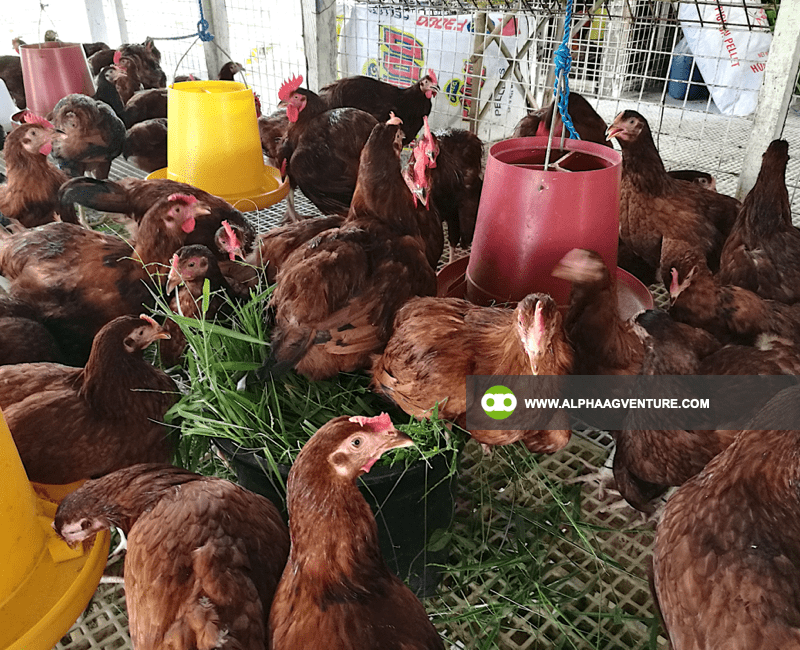
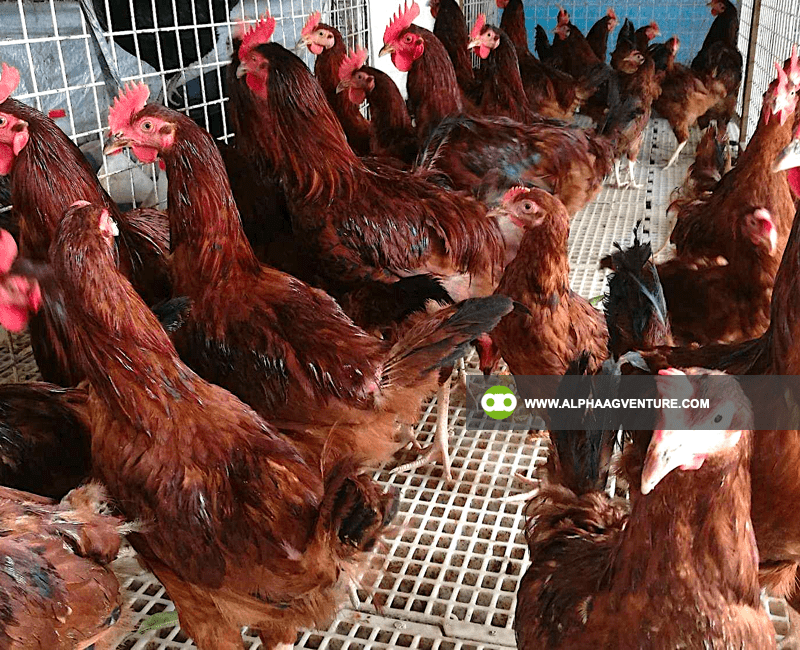
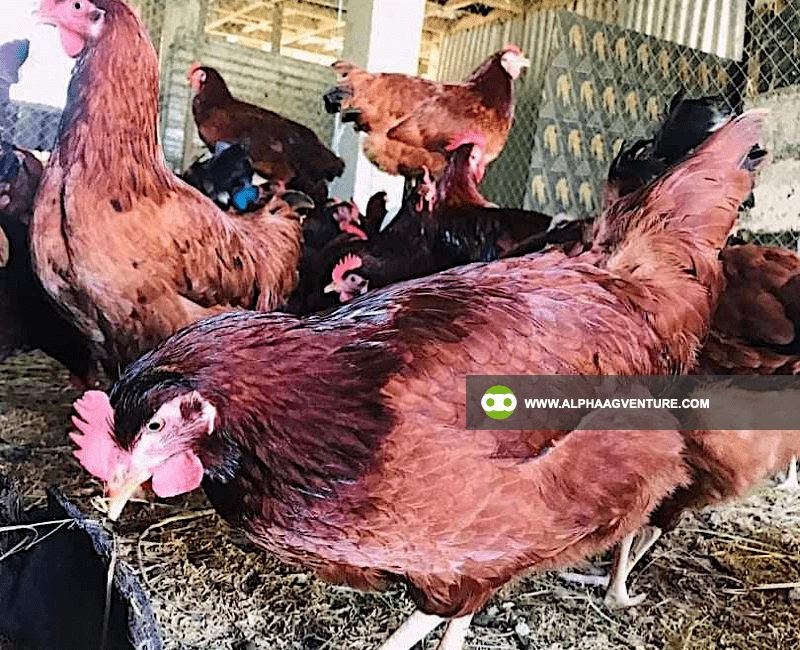
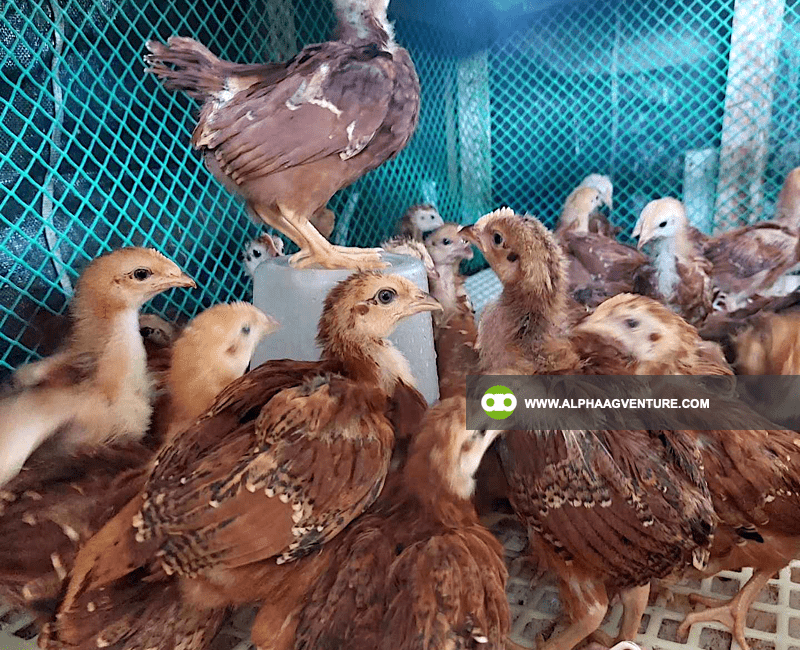
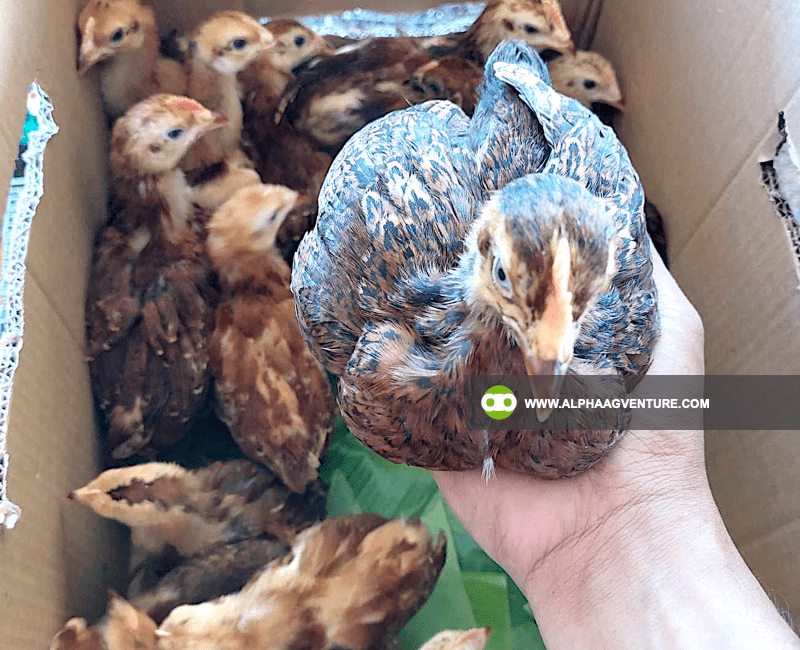
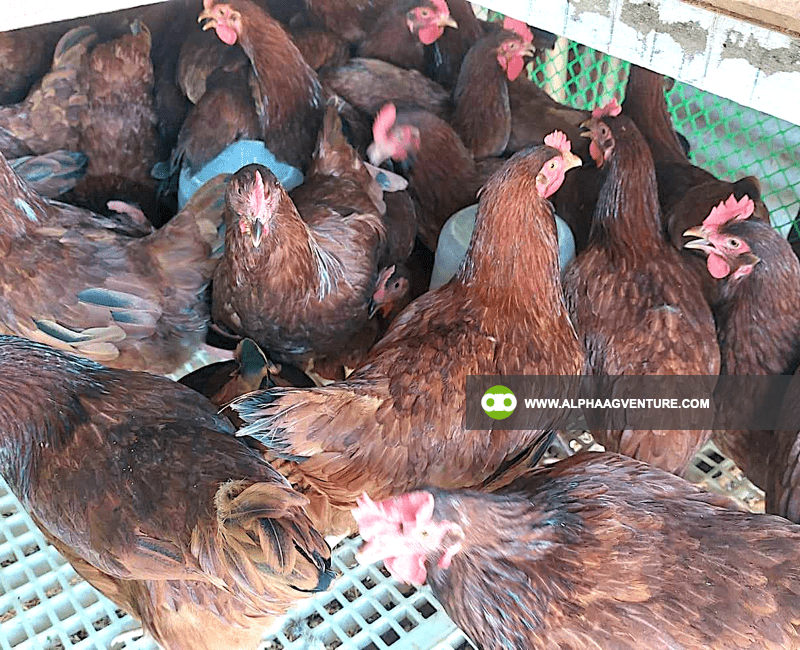
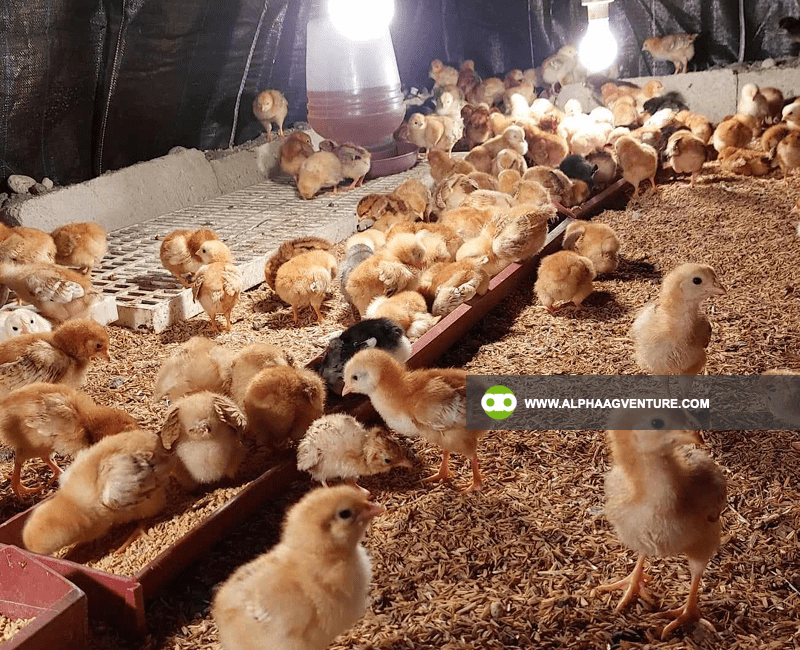
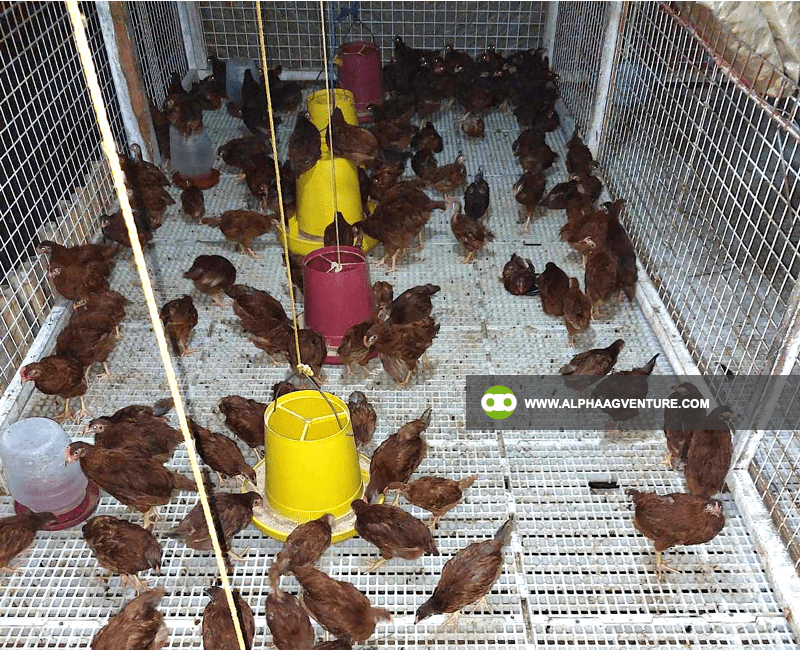
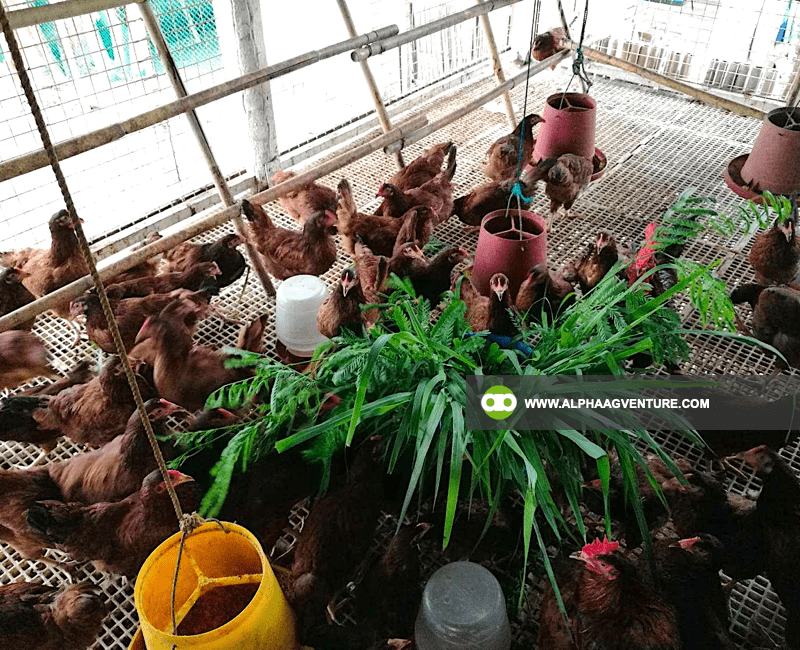
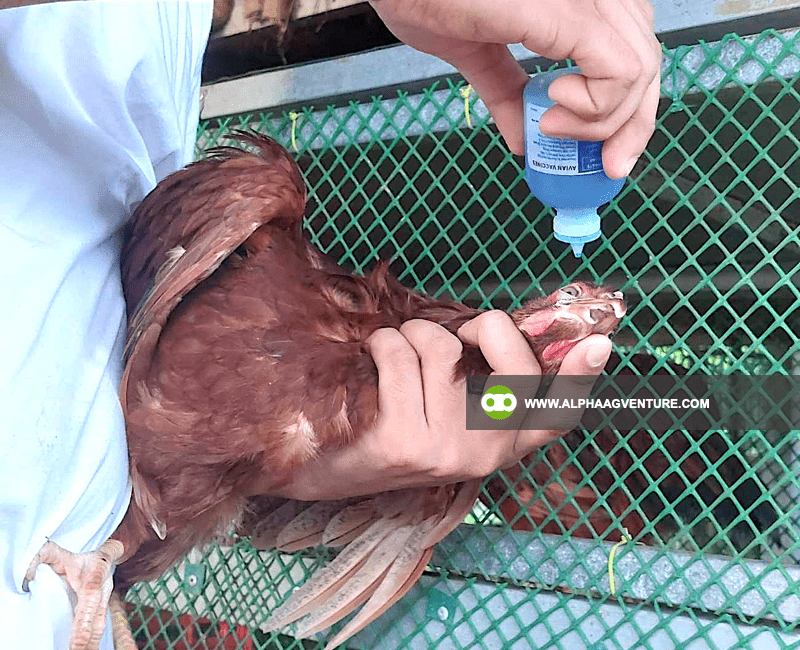
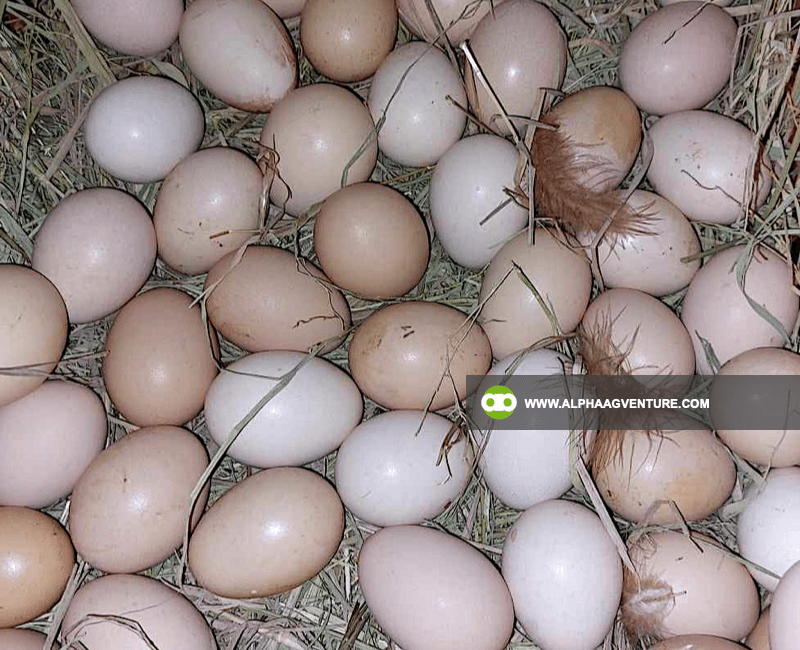

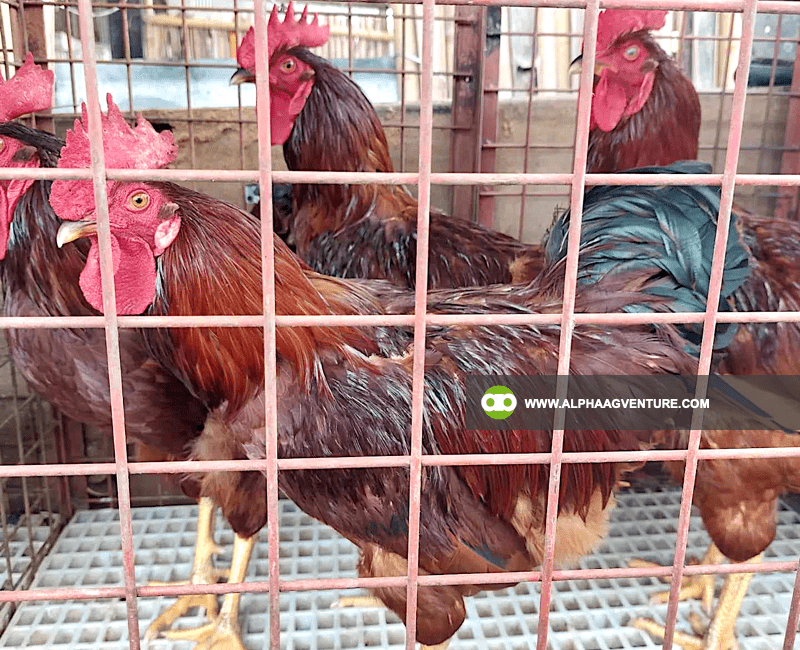
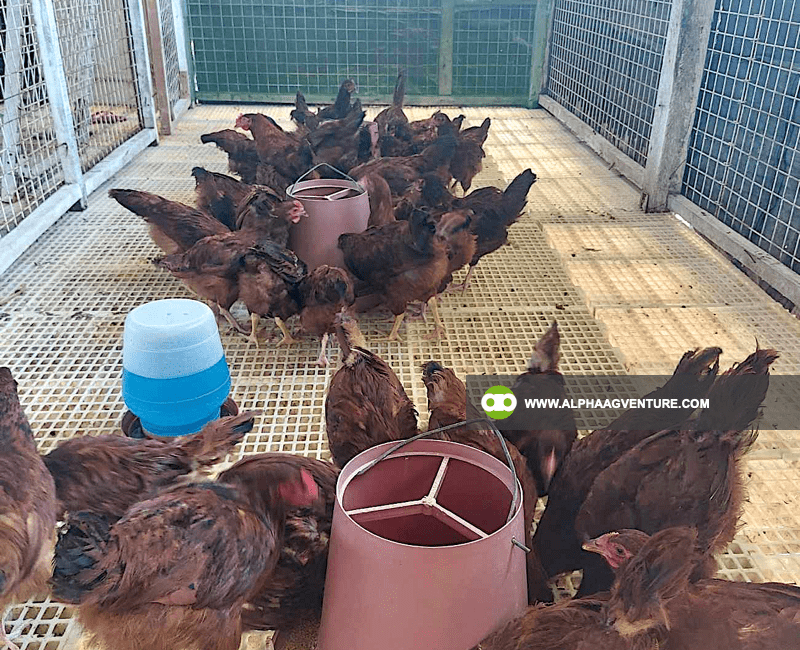
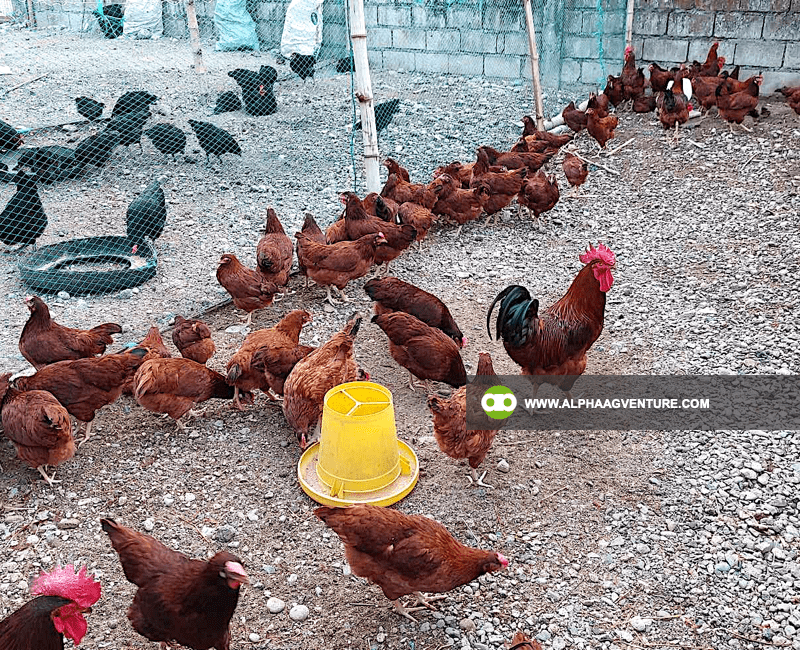
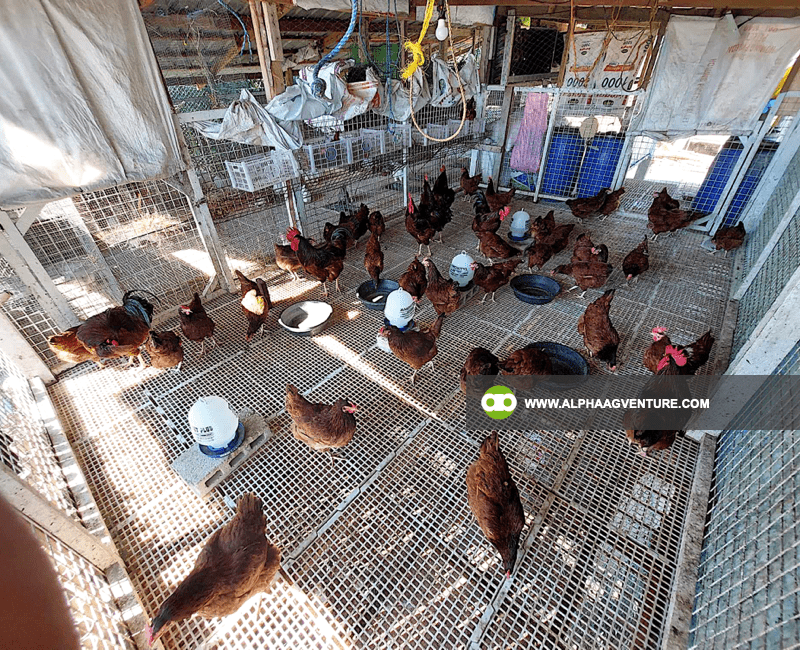
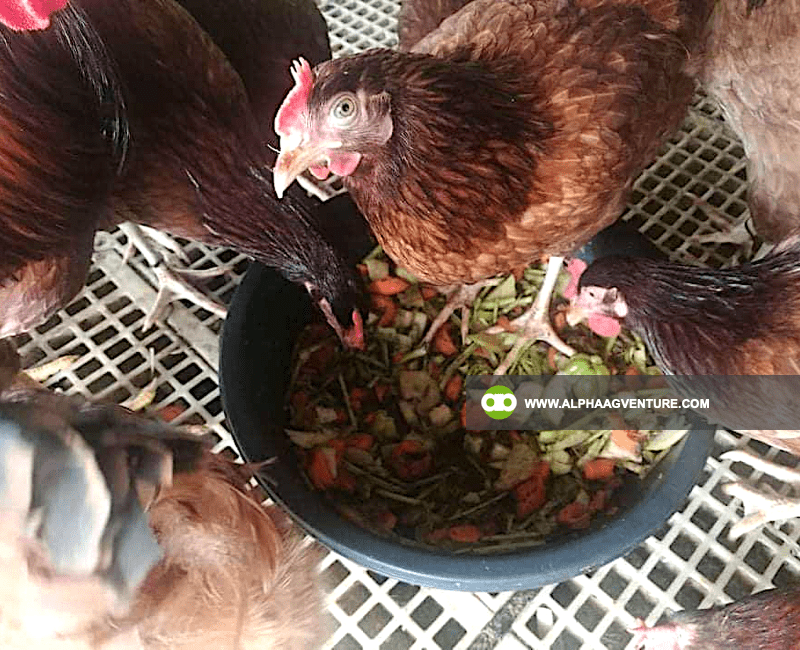
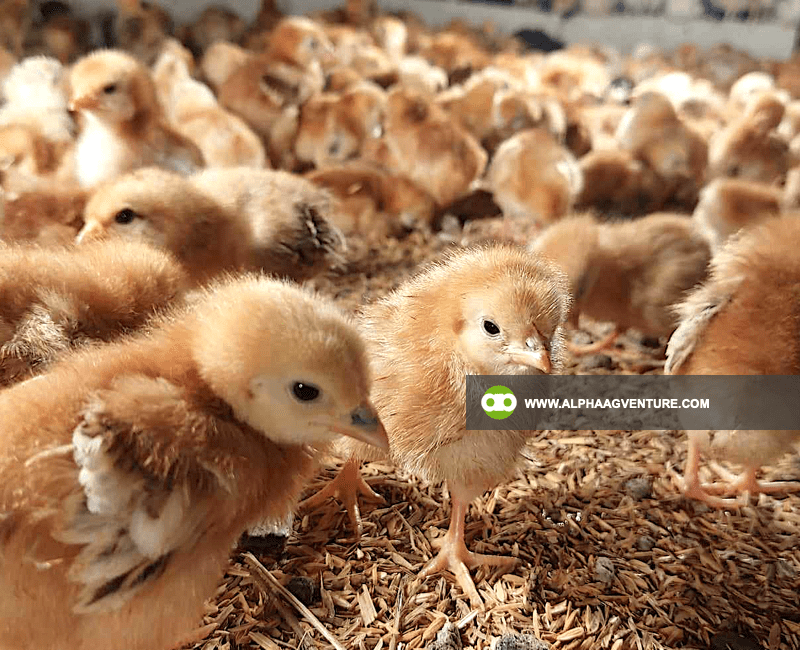
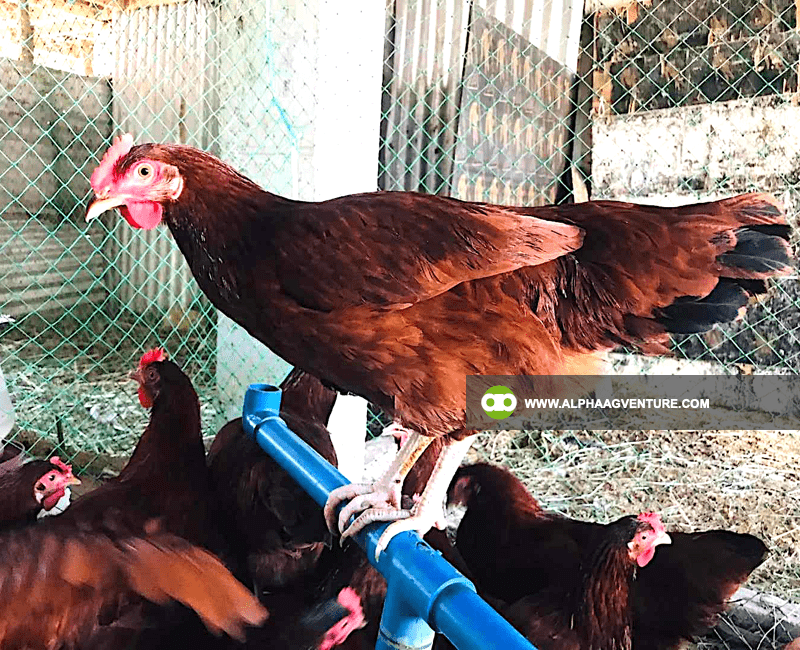
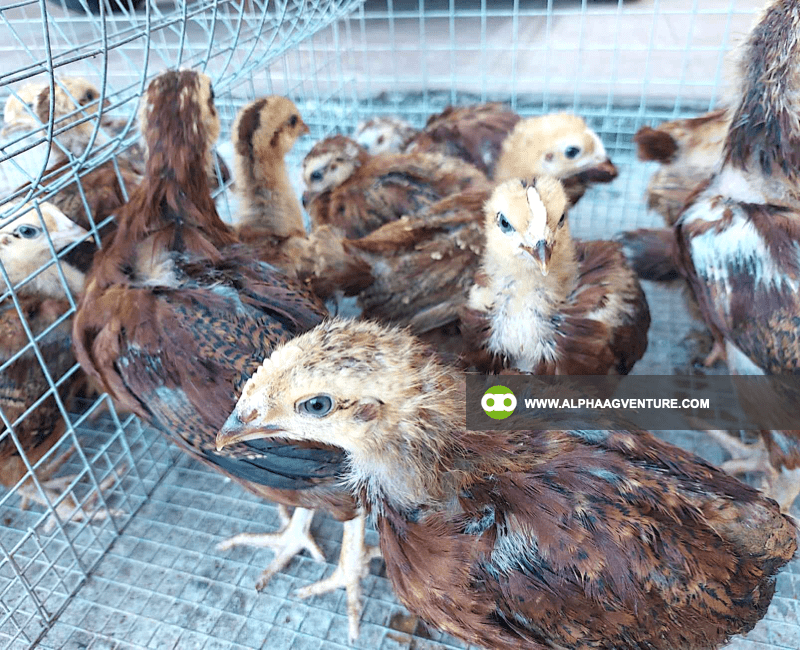
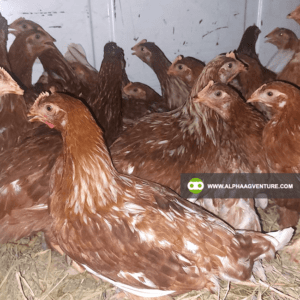
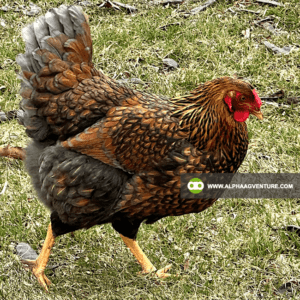
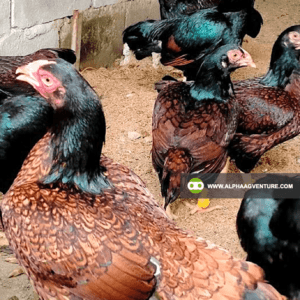

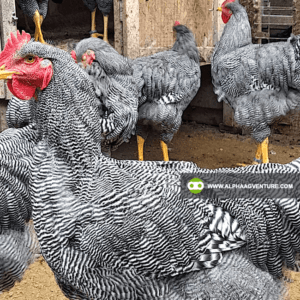
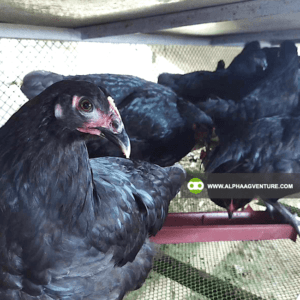
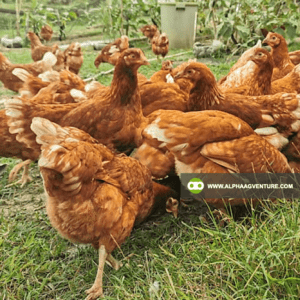
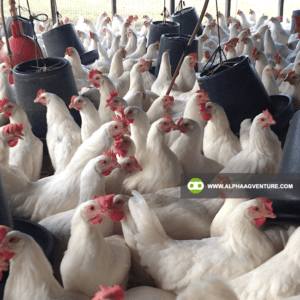
Reviews
There are no reviews yet.